Ofcom Set to Approve Inmarsat’s Aircraft Based Satellite Broadband
Inmarsat’s slow moving plan to improve broadband connectivity on aircraft took another step forward today after Ofcom launched a consultation to authorise new terrestrial base stations, which should allow “direct air-to-ground” Mobile Satellite Services (MSS) to aircraft via the 2GHz band.
The British Satellite operator has actually had authorisation to use the 1980 – 1995MHz (earth to space) and 2170 – 2185 MHz (space to earth) frequency bands for related communications services since 2009/10 (granted for a period of 18 years), although the original licence conditions were designed for a service provided to terrestrial users and not aircraft.
At the time there were no concrete plans for the type of service that Inmarsat are now working to deploy and so the regulator needs to update their licence. The change should support a change in the use of spectrum with respect to Inmarsat’s complementary ground-based network (CGC), which will make use of both its Satellites and their ground-based DA2G links to the aircraft.
In terms of licence fees, Ofcom proposes to charge per individual base station (dependent upon its location and population density at the base station), which will range from £825 to £64,000 per 2 x 1 MHz per base station per annum. Mind you there is a small catch, which requires Inmarsat to actually launch the new Satellite(s) first.
Ofcom Statement
We propose that this Licence only becomes available to the 2 GHz MSS operators following the:
• successful launch of their MSS satellite; and
• conclusion of the consultation we will need to hold on the authorisation of the terminals on the aircraft themselves.
Competition in the aviation industry can be fierce and so providing a faster on-board broadband service for passengers is one way in which an increasing number of airlines are hoping to differentiate themselves, although such services are neither cheap nor quick to develop. Readers may also recall that British Airways (BA) has already lent their support to the project (here).
At present only two operators hold access to the Pan-EU spectrum mentioned above, Inmarsat and Solaris (now EchoStar), although the European Commission has historically been far from pleased with the slow pace of development (here), particularly in terms of actually getting the service launched. This helps to explain why Ofcom will only make the revised licence available once the new satellite has actually been deployed.
Meanwhile EchoStar Mobile Limited could also take advantage of the licence adjustment if they wanted, but so far no such request has been made. The consultation will remain open until 18th April 2016 and it’s worth noting that the coverage of this licence will only apply across Europe, at least up to the border with Turkey and Russia etc.
So what about the service itself, when will Inmarsat actually get around to the business of giving us faster broadband on aircraft? We understand that the current roll-out is anticipated to begin mid-2016, with the system being tested in 2017. After that the full terrestrial network is to be deployed by the end of 2017 or early 2018.
Mark is a professional technology writer, IT consultant and computer engineer from Dorset (England), he also founded ISPreview in 1999 and enjoys analysing the latest telecoms and broadband developments. Find me on X (Twitter), Mastodon, Facebook and Linkedin.
« Sky’s UK CEO Ignores Weekend Reports – Makes Final Plea to Split BT
Latest UK ISP News
- FTTP (5530)
- BT (3518)
- Politics (2542)
- Openreach (2298)
- Business (2266)
- Building Digital UK (2247)
- FTTC (2045)
- Mobile Broadband (1977)
- Statistics (1790)
- 4G (1668)
- Virgin Media (1621)
- Ofcom Regulation (1465)
- Fibre Optic (1396)
- Wireless Internet (1391)
- FTTH (1382)

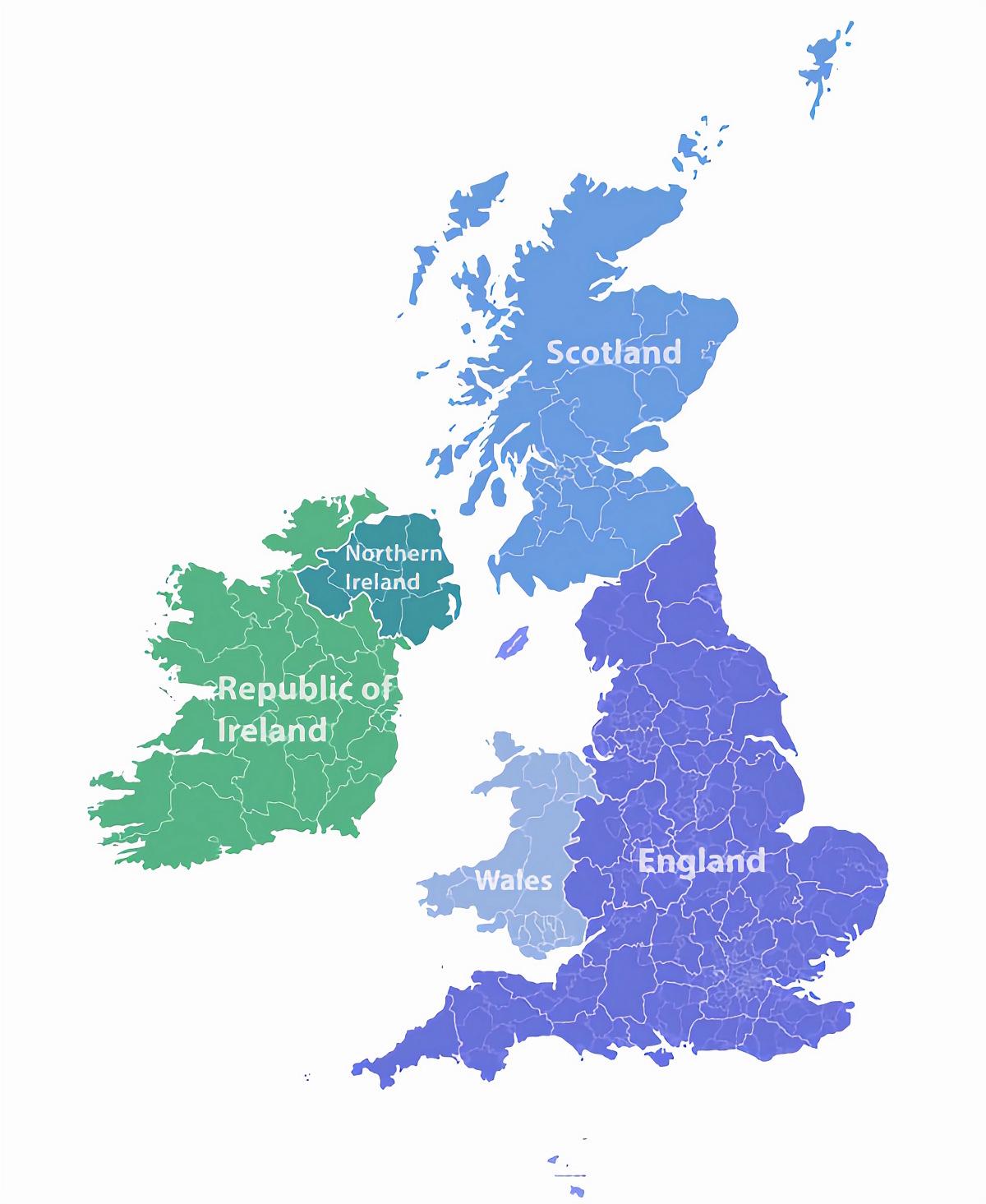
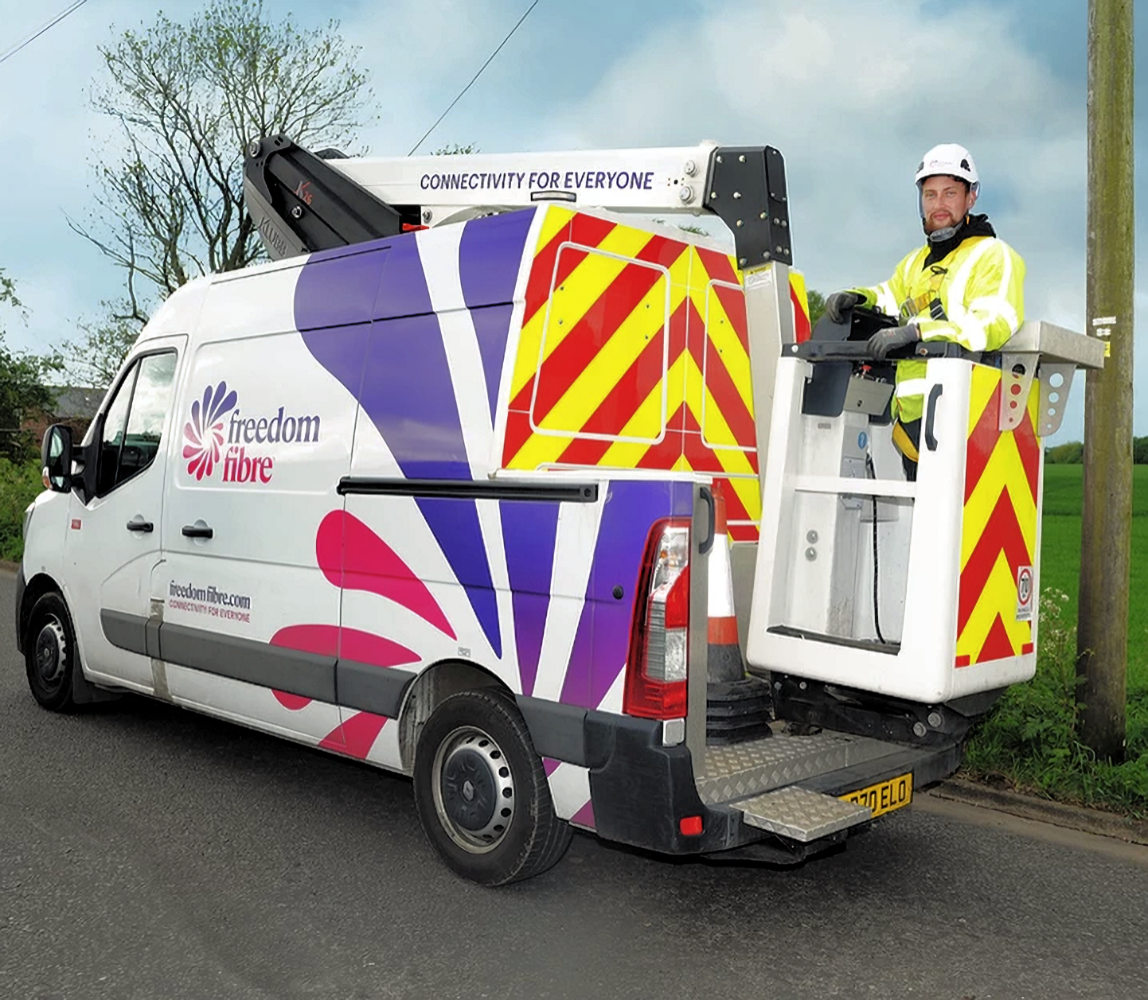

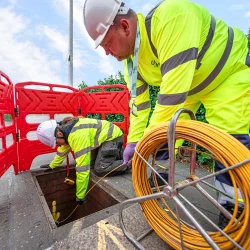
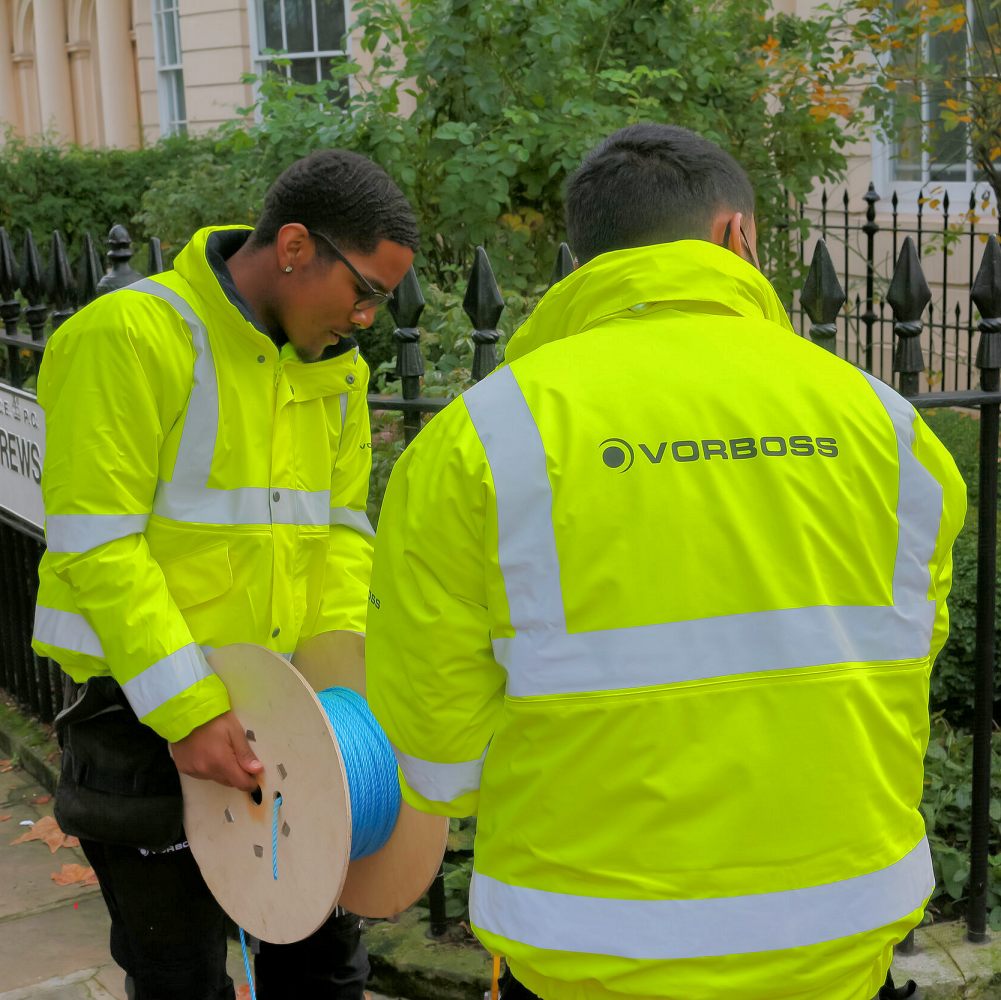











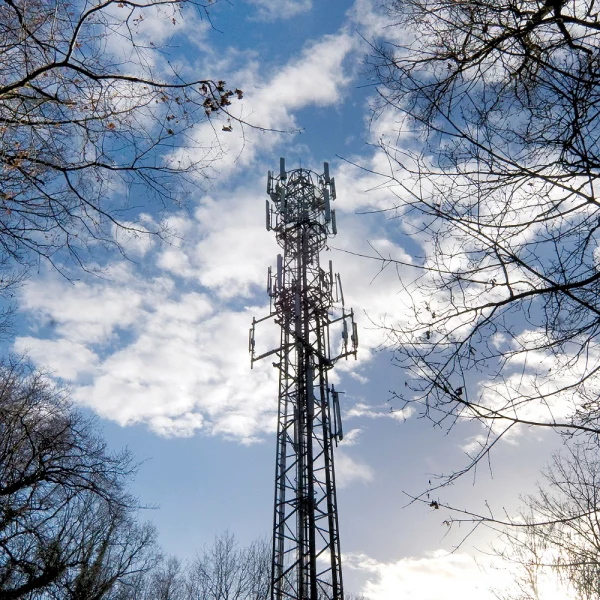
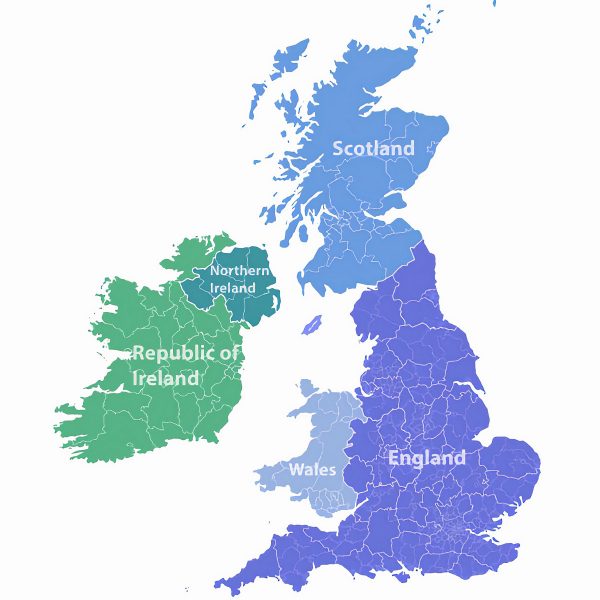
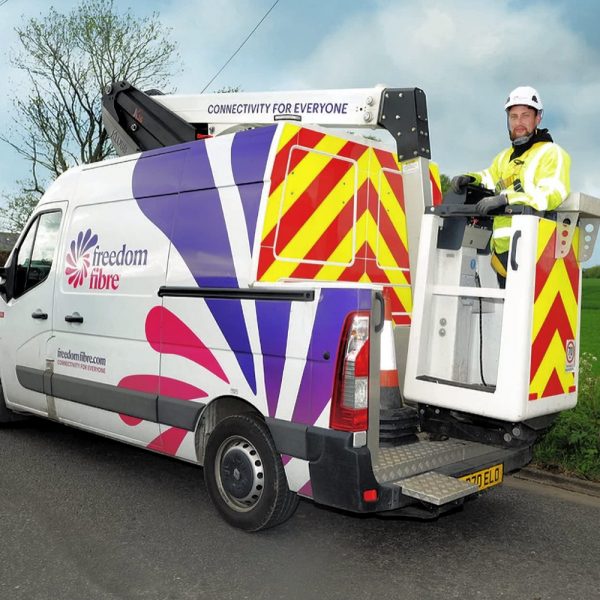




































Comments are closed